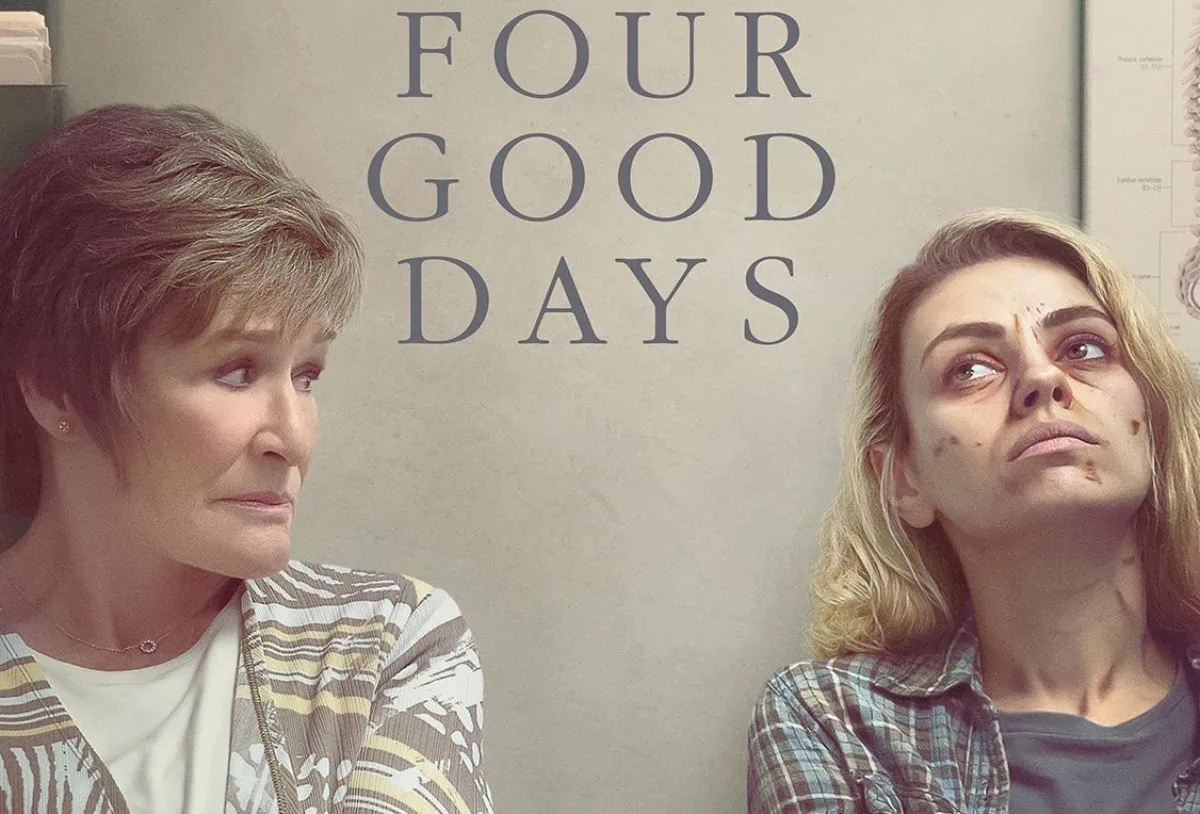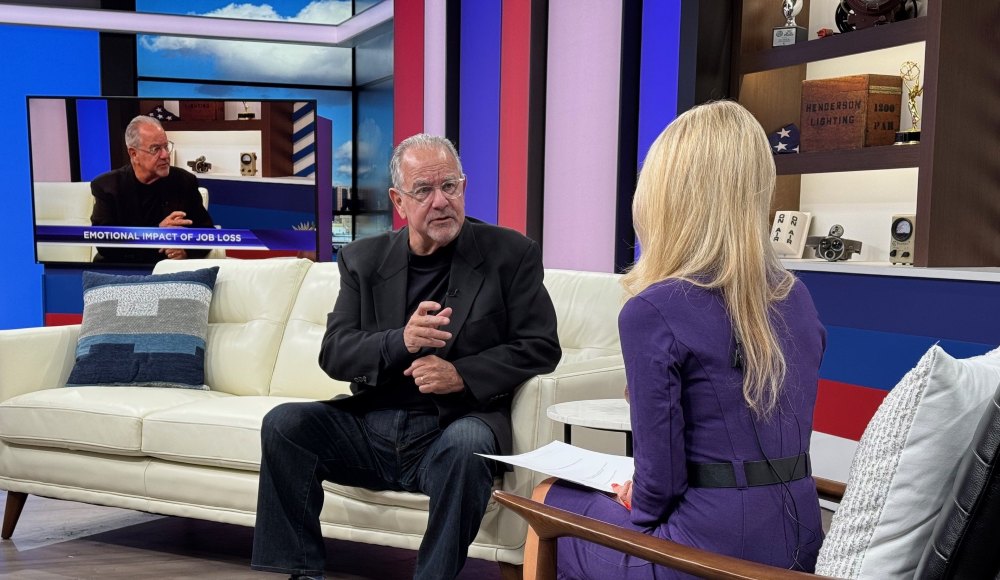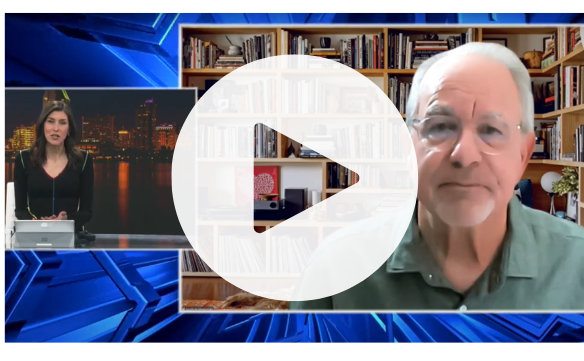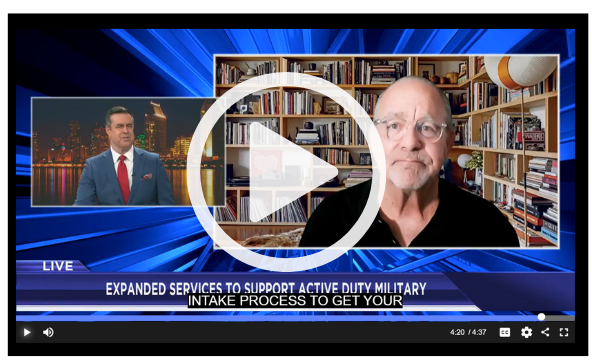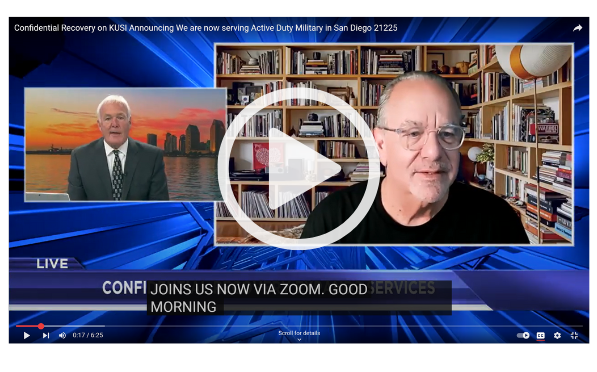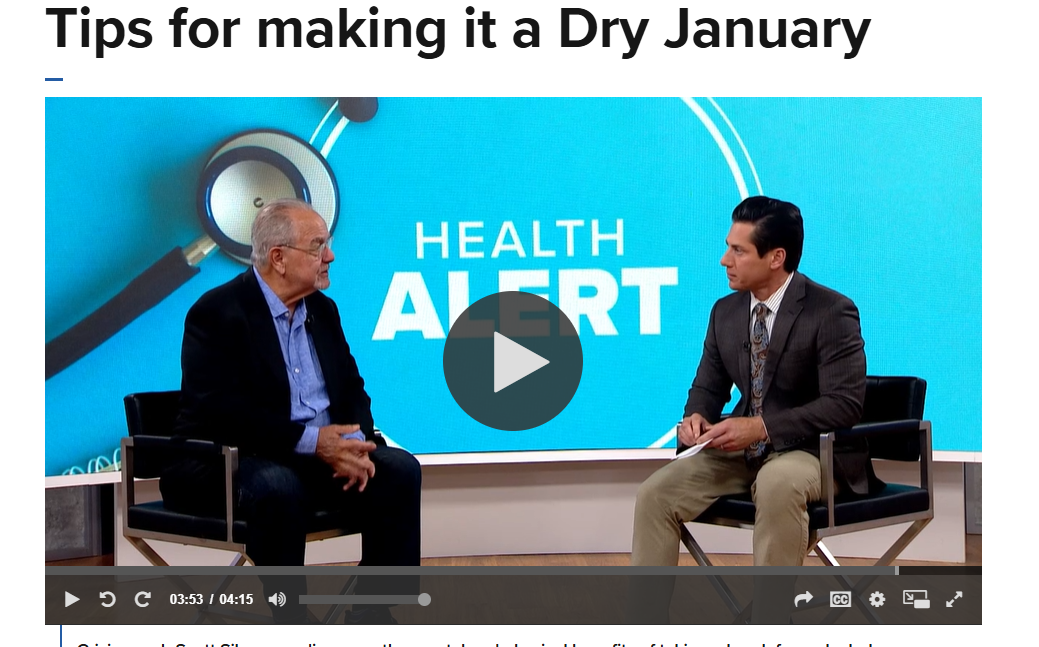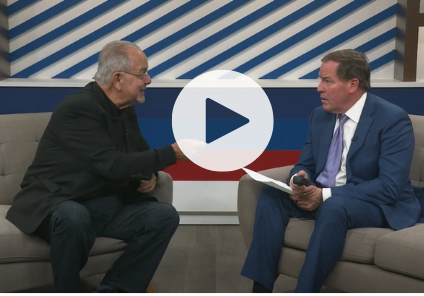Four Good Days, starring Mila Kunis and Glenn Close, tells the heartbreaking story of an addict trying to get clean for the fifteenth time. The addict, Molly, goes to her mother, Deb, and Deb is unsure of how to help her daughter. She worries about enabling her. She makes a few decisions while trying to help her daughter that end quite badly.
I’m sure many of you find this story relatable. In fact, it’s based on the true story of Amanda Wendler.
Loved ones of addicts want to help, but they often don’t know the right way to do so. That’s okay. It’s hard to make the right decision when you are so close to the person and the situation. This is when you need to call in an objective party.
Without spoilers, here are a few real-life lessons to be learned from Four Good Days. If they’d had a family navigator on their side, Deb and Molly may not have had to learn these the hard way.
- It’s not your job to have all the answers.
You have to understand that curing addiction is not a one-person job. Navigating the cycle of denial, shame, stigma, and disease requires medical professionals, clinical support, and oftentimes a mentor with personal experience. As I wrote in my book, opioid addiction truly is an epidemic. It should be treated as such.
Helping a loved one fight addiction is much like trying to put a 2,000-piece puzzle together with no image or directions. A family navigator provides the image.
- You may need help getting help.
A lot of movies focusing on addiction make it seem as if getting help is as easy as making the choice and snapping your fingers. Unfortunately, as Four Good Days demonstrates, it’s not always that simple.
What do you do for your loved one in the meantime?
Chances are, you’re frustrated. Your loved one may be in denial. A family navigator can help you understand the next steps if you’re waiting for a spot in a rehab facility or an opioid antagonist, and they can do it with a clear head. Attempting to make the best decision while emotional and uninformed will inevitably lead to the wrong decision—even if your heart is in the right place!
- Recovery is a lifelong process.
It’s normal for loved ones to want their daughter, husband, friend, etc. back to the way they were, but that is never going to happen. Addiction is a part of that person’s life now. Recovery is not a road with an end; it’s simply the resolve to live a good, healthy life in spite of addiction.
Four Good Days makes it clear that Molly is changed forever and there is no quick fix to addiction. Some people believe that an addict can go to treatment for 28 days and be cured. But think about it: they’ve just spent 28 days in a facility where everything is structured, and there is no decision anxiety whatsoever.
Family navigators can help prevent relapse by ensuring an addict and their loved ones have the tools and knowledge necessary to help navigate the road to recovery.
If this compelling movie has taught us anything, it’s that addiction requires a team of knowledgeable professionals to get someone on the road to recovery and keep them there. Your Crisis Coach can also be your family navigator. Let’s talk about it.
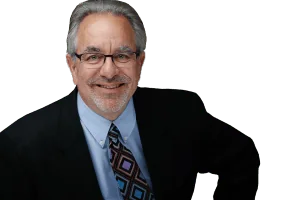
If you are facing a situation with a loved one, spouse, or even a child that has started to spiral, please call me at 619-993-2738.
(c) 2021 Scott H Silverman. All Rights Reserved. Scott is the Founder and CEO of Confidential Recovery, an outpatient addiction treatment program in San Diego.
About Scott H. Silverman: Scott has been fighting against addiction for over 20 years, one person, speech, and book at a time. Contact Scott by calling (619) 993-2738 or visit Your Crisis Coach to learn more about Scott’s work and public appearances. You can buy a copy of his latest book “The Opioid Epidemic” here.
